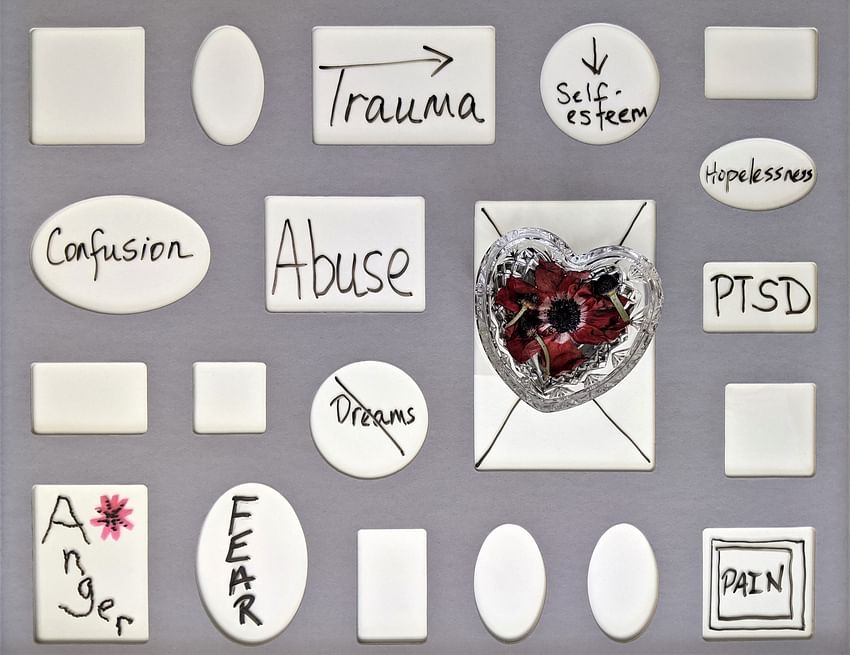Mental pain
Article Outline
▼Summary
▼The Hidden Scars of Mental Pain: Uncovering the Impact of Trauma
Mental pain is a complex and deeply personal experience that can be difficult to put into words. This article explores the profound effects of trauma on both the mind and body, and why traditional talk therapy may not always be enough to heal. When we experience trauma, our nervous system can become stuck in a state of "fight/flight/freeze," making it challenging to process and overcome the pain. However, by reconnecting with our bodies through movement and body-centered therapies like Somatic Experiencing, art therapy, and yoga, we can begin to heal and find relief. This article discusses the science behind trauma, its impact on our physical and mental well-being, and offers a message of hope for those seeking to overcome their experiences.

In the past I have chosen not to write about this topic, but because I find it so central and important, I have decided to try to put into words what mental pain can mean.
Pain, whether physical or mental, is felt and experienced in different ways. It is often difficult to describe pain in words. I would describe pain as an effect of trauma. These are feelings that usually hurt your soul because of something specific that happened and/or affected you. It could be losing someone you love, an assault, prolonged periods of unbearable stress, being in physical pain or some other trauma. Common to all traumas is that not only can trauma haunt the mind, it can also affect the nervous system. Our nervous system learns to cling to trauma as a survival mechanism. This is why we often feel anxious and on guard when we anticipate another traumatic event (Levine, 2010), leading to debilitating symptoms included in what we call post-traumatic stress disorder (PTSD).
The body also overproduces cortisol if the nervous system holds onto a trauma for too long, compromising the immune system, according to Dr Gabor Maté. Over time, this can make the body vulnerable to autoimmune diseases and viral infections by compromising the immune system. Indeed, studies showing the link between trauma, fibromyalgia and migraine are undeniable (Springer et al., 2003).
Talk therapy often works, but not always. This is because the area of the brain responsible for speech production often shuts down when the trauma is recalled (van der Kolk, 2014). Moreover, according to Dr. Peter Levine, verbal forms of therapy can even be re-traumatizing when the central nervous system is still in "fight/flight/freeze" and has not yet fully processed the traumatic event(s).
So how can we heal trauma when talking is not enough?
According to many experts, the key to healing is reconnecting with your body. This is why many movement and body-centered therapies are emerging as more effective methods, such as Somatic Experiencing, art therapy, trauma-focused yoga and Qigong.
This is an area that I myself am concerned with, extremely interested in and studying at the moment. I just wanted to give you a little introduction to the subject, and challenge myself to put into words what happens in the body and mind when one has undergone a trauma, which is/has been difficult to process or which one has been hidden/suppressed. I want to be clear that not all traumas lead to PTSD, but I want to give an explanation of what happens if a trauma cannot be processed traditionally. There is hope and there are effective tools. I will delve more into this area eventually.